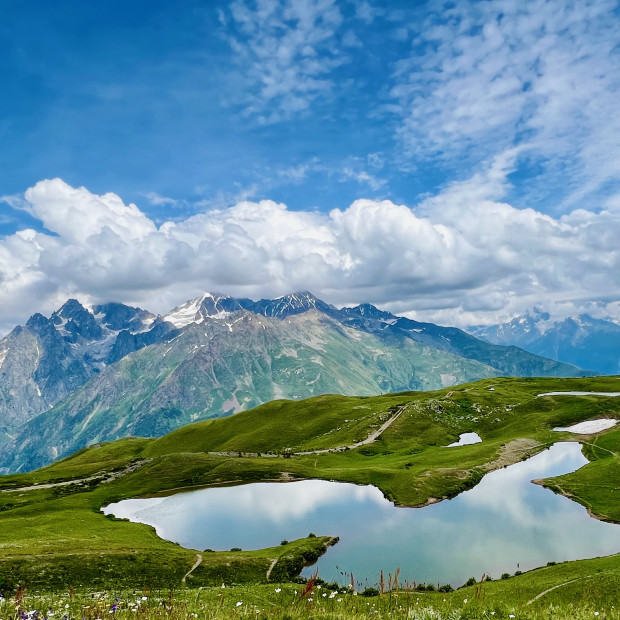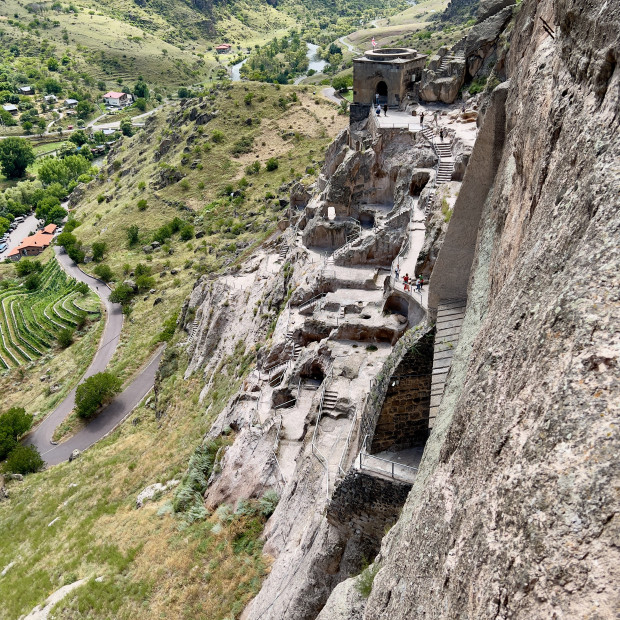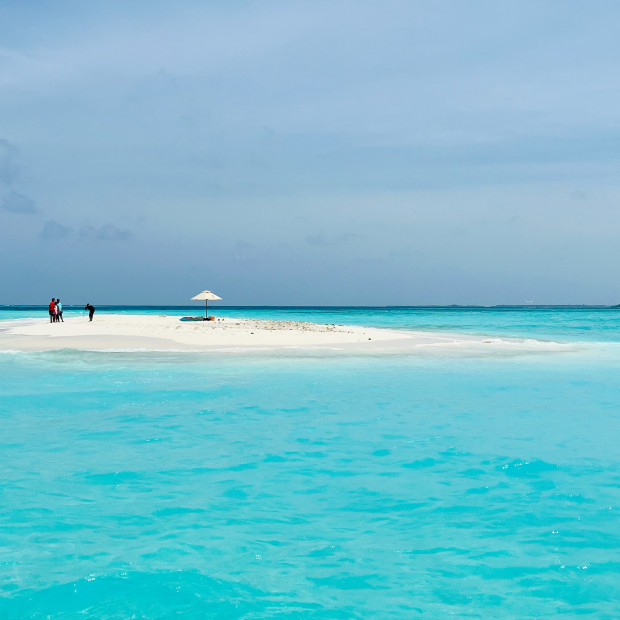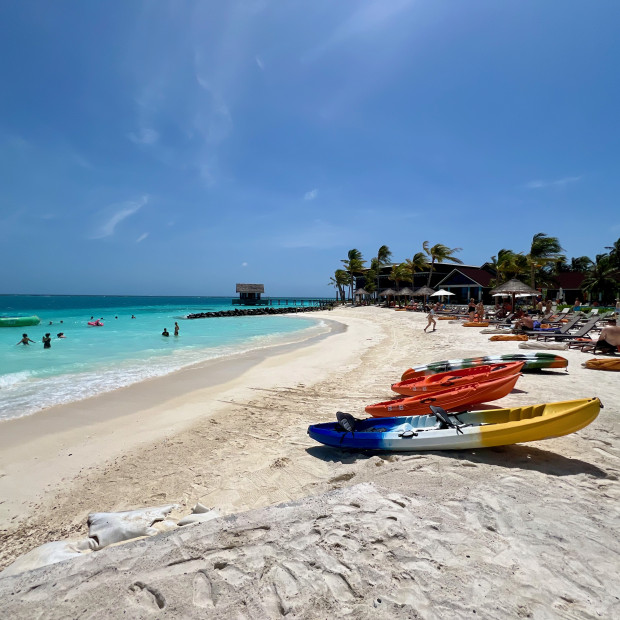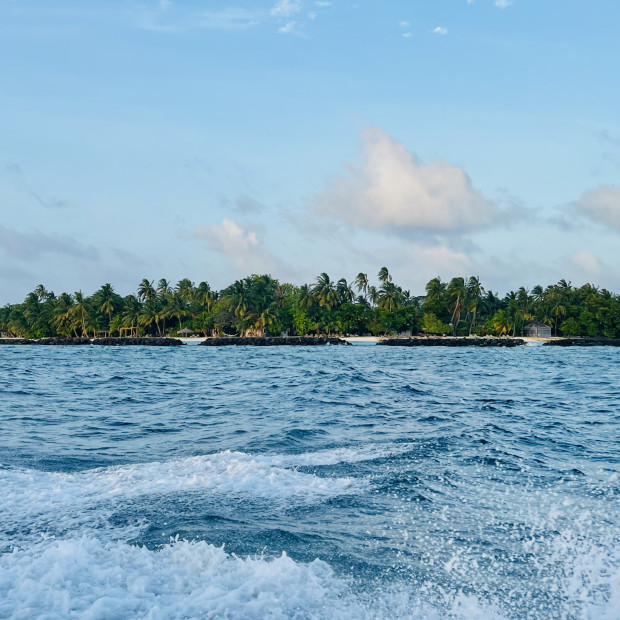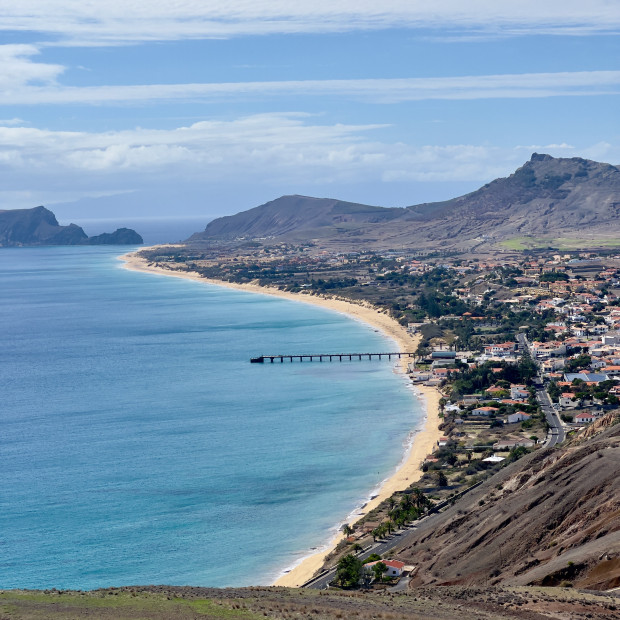About this place
The Everglades, located in southern Florida, is a unique and ecologically diverse ecosystem that is recognized as a UNESCO World Heritage Site and an International Biosphere Reserve. It is a vast wetland stretching over 1.5 million acres (6,070 square kilometers) and is home to a remarkable variety of plant and animal species.
The Everglades is often referred to as the "River of Grass" due to its expansive marshes, sawgrass prairies, and slow-moving water flows. It is characterized by its subtropical climate, with hot and humid summers and mild winters, creating an ideal habitat for a rich and diverse array of wildlife.
Within the Everglades, visitors can explore various ecosystems, including freshwater sloughs, cypress swamps, mangrove forests, and estuarine habitats. These habitats support a wide range of species, such as alligators, turtles, snakes, wading birds, and numerous fish species.
One of the iconic features of the Everglades is the presence of the American alligator. These magnificent creatures can be spotted basking in the sun or swimming in the waterways, providing visitors with a unique opportunity to observe them in their natural environment.
The Everglades is also renowned for its bird population, with over 350 species of birds calling the region home. Birdwatchers can spot herons, egrets, ibises, and the rare and elusive Florida snail kite, among many others.
Exploring the Everglades can be done through a variety of activities, including airboat tours, kayaking, canoeing, hiking, and wildlife spotting. Guided tours are available to provide visitors with valuable insights into the ecology, history, and cultural significance of the area.
In addition to its natural wonders, the Everglades has a rich cultural heritage. It is home to the Miccosukee and Seminole Native American tribes, who have lived in harmony with the land for centuries. Visitors have the opportunity to learn about their traditions, crafts, and way of life through cultural displays and interactions.
Conservation efforts are crucial for the preservation of the Everglades. Various organizations and government agencies work tirelessly to protect and restore this fragile ecosystem, ensuring its long-term sustainability and the survival of its unique biodiversity.
A visit to the Everglades offers a remarkable opportunity to witness the beauty and significance of this natural wonder. It is a place where visitors can immerse themselves in nature, learn about the delicate balance of ecosystems, and gain a deeper appreciation for the importance of conservation.









